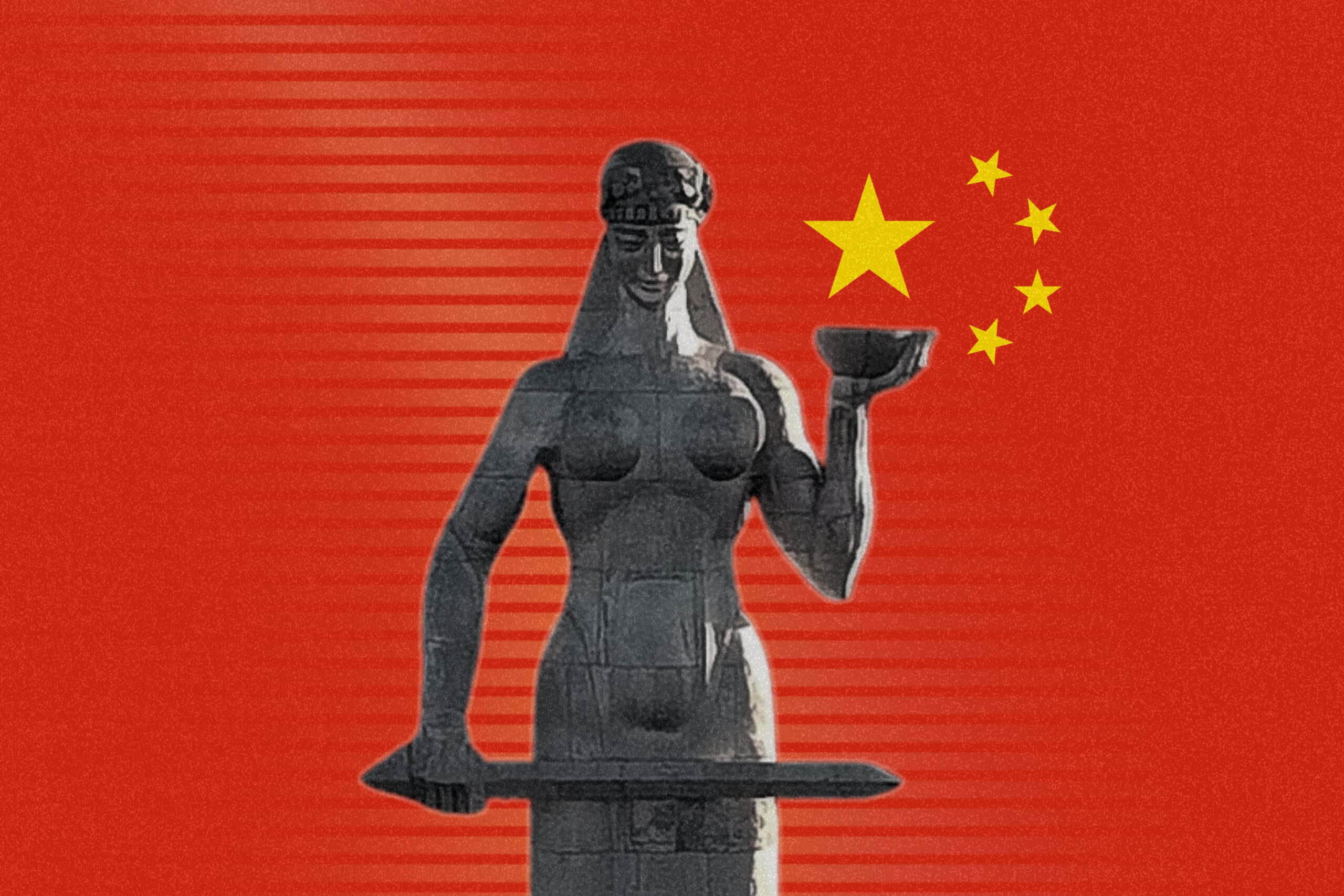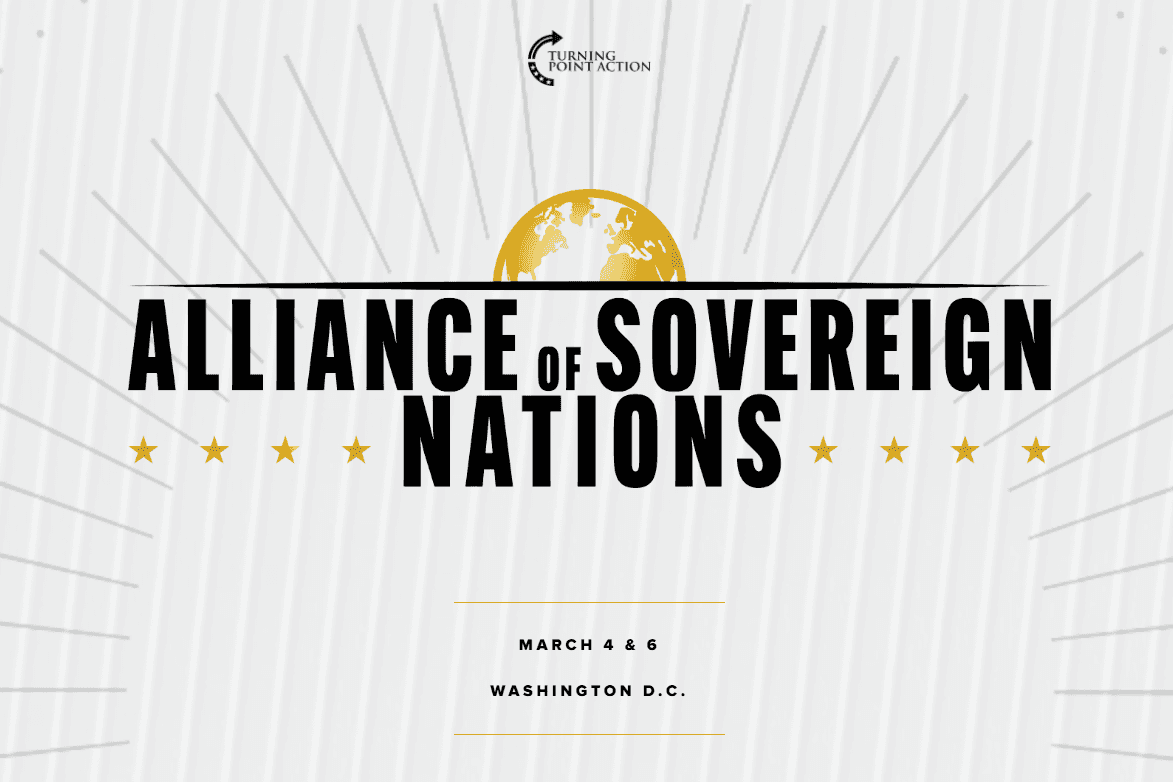Opinion | With Georgia’s democracy on the line, one US senator makes a cynical stand
As human rights and democracy deteriorate in Georgia, the MEGOBARI Act offers the US a chance to respond. But one Senator stands in the way.

The Mobilising and Enhancing Georgia’s Options for Building Accountability, Resilience, and Independence Act (MEGOBARI, Georgian for ‘friend’) is a bipartisan, bicameral bill that would codify sanctions against Georgian Dream officials. Despite the bill’s successful passage in the House with an impressive 80% support rate, unusually active measures by Republican Senator Markwayne Mullin from Oklahoma are stalling it in the Senate.
According to recent reporting in The Hill, Mullin has successfully gotten the bill stripped from a routine legislative package called the National Defence Authorisation Act (NDAA), and blocked a request to pass the bill through a mechanism called unanimous consent. Mullin argues the bill would harm US–Georgia relations and suggests closer engagement with the Georgian government as a better solution. His reasoning is flimsy and out of touch with the situation on the ground in Georgia.
Georgian Dream’s actions, from human rights crackdowns to alignment with malign regimes, as well as the shutdown of Georgia’s EU accession, demonstrate that the government is beyond engaging with. The autocratic, malignly influenced Georgia that the country is in serious risk of becoming is infinitely more dangerous for US interests in the region. The ongoing human rights abuses and repressions should be met with a strong response from Western allies, not appeasement. The time to ‘just ask questions’ about the US’ relationship with the Georgian Dream government, as Mullin claims he is doing, is long past.
In an interview with The Hill that accompanied the reporting, Mullin states that he wishes to ‘be able to work with’ Georgian Dream ahead of any sanctions to ‘see how they can, you know, have true sovereignty, to get away from the overbearing influence of Russia’. He also cited a ‘better relationship’ with Prime Minister Irakli Kobakhidze as another reason for his opposition. It is indeed fortuitous for Kobakhidze that he appears to be cultivating an ally with the power to stop crushing sanctions on the government he helps lead, a government that has been responsible for a steady stream of arrests and detensions, physical and sexual abuse of protesters and detainees, and crackdowns on civil society, among many more abuses.
Mullin invoking Russia in his opposition is extremely cynical, given the fact that Georgian Dream seems to be hardly backing away from Russian influence and interference. Perhaps most consequentially, Georgian Dream forced a suspension of Georgia’s EU accession path, a development undoubtedly welcome in Moscow. Ties with explicitly anti-Western governments in China and Iran have also grown stronger under Georgian Dream. Overall, a curious group to be going to bat for, especially considering Mullin once wrote a critical 2020 op-ed titled ‘The United States must stand with Georgia’s fight for freedom’, explicitly calling out Georgian Dream chair and founder Bidzina Ivanishvili’s Russian ties.

‘[US business] investments need to be protected and have confidence that they’re going to be able to see the project through without being threatened to be taken over’, Mullin told The Hill in his recent interview about opposing the MEGOBARI Act.
The Hill’s reporter Laura Kelly pointed out that Mullin called out Georgia in 2020 for threatening to ‘expel American businesses operating legally in the country’. The two companies in question eventually regained their contracts, and the CEO of one one later donated to Mullin’s campaign. In the recent interview, Mullin says the reversal has nothing to do with his opposition.
Ultimately, Mullin’s opposition to the bill on the grounds of protecting US businesses would be much more convincing if any of Georgian Dream’s recent actions were in support of a free business climate unburdened by foreign interference by powerful anti-American forces. It may be true that the sanctions will create economic challenges for every actor in the region. However, US business and global influence will face much more daunting challenges when Russia, China, and Iran are each expanding their shares of influence and control over Georgia.
The US cannot allow Georgian Dream’s abuses to go unnoticed and appeased. It already did as much with Russia in Ukraine, and look where it got American businesses: fleeing at great cost to themselves, and/or tarred with the label of financing a bloody war machine. And that is before even arriving at the myriad of ways that the Georgian Dream government has violated the human rights of its own people. They are clearly no longer interested in tolerating dissent, free speech, and civil society, activities that are core features of a true democracy.
Mullin himself said it best in 2020: ‘as Americans, it is also in our national security interest to support these efforts to prevent further Russian influence throughout the globe’. Now, he is blocking a bill designed to counter Russia’s influence. His opposition to it is misguided at best, and suspicious at worst. The US must pass this act, to respond to Georgian Dream’s abuses and its courting of dangerous regimes. It is time to stand with Georgia’s people, not the government repressing them.











